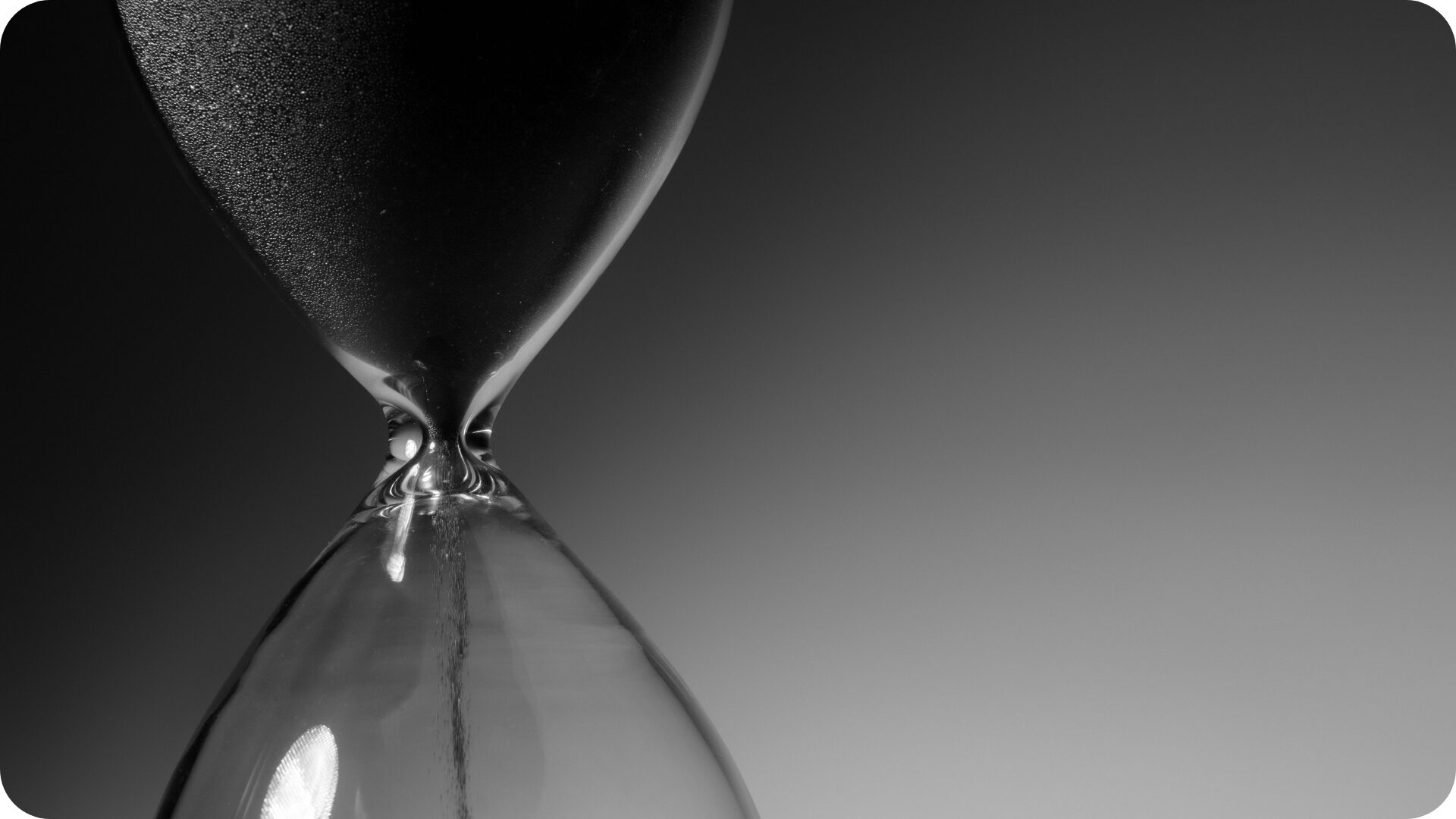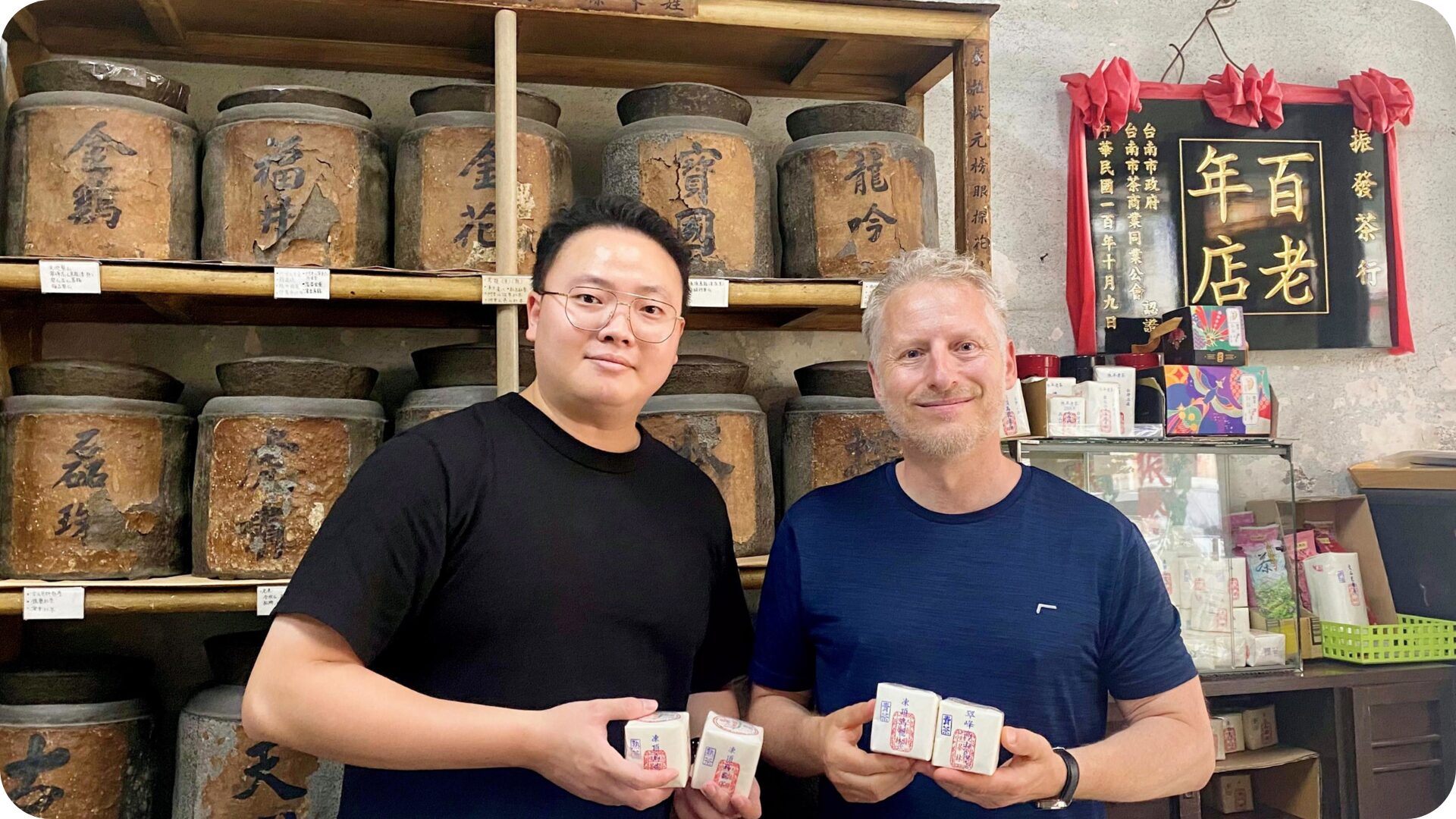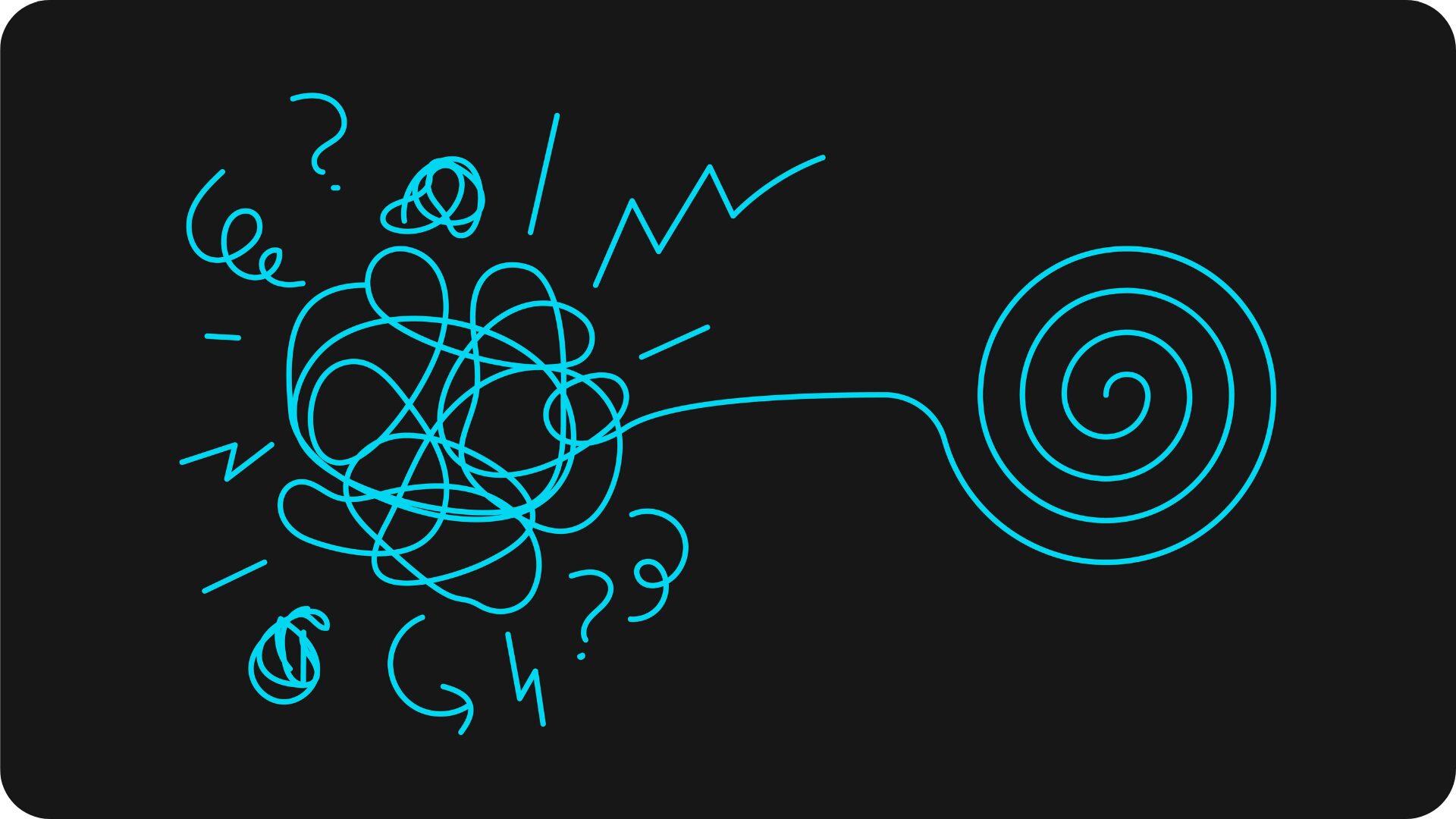Only 21 out of 100 employees are truly engaged in their work. That makes me think. And leaves me a little suspicious.
The number doesn’t come as a shock. Gallup studies have always revealed alarmingly low engagement. Is this, therefore, draining companies’ ability to innovate? Are customers being met with employees who are simply checking the boxes? Is there a growing trend in absences and sick days? I’m afraid so.
It’s quite possible that a lack of meaning in work, especially since Deloitte’s Global Gen Z & Millennial Survey 2025 shows that about 89 percent of Gen Z see it as essential to their job satisfaction, plays a major role here.
Unappealing jobs might be one reason. But who really gets to decide what work is attractive and what isn’t? One person’s dream job is another’s daily grind. Ever since ski-lift operator ‘Fränz’ opened my eyes, I’ve been well aware of that.
I can’t shake the feeling that some people are waiting for meaning in their work the same way lottery players wait for a million-dollar win (which, statistically speaking, is highly unlikely to happen). The strategy of ‘hoping a lot but changing little’ won’t get one far in the working world either. But who’s supposed to light that spark of purpose, anyway? The new CEO? HR? AI?
We often forget that between meaningful and meaningless lies a whole universe of nuance. It’s not a light switch that’s either on or off. It’s more like a dimmer, gradually turning up LED lights in all kinds of shades. If I asked you how you know your job is truly meaningful, you probably wouldn’t point to just one thing.
So I’m circling back to my last blog, Meaning fuels strength, and keeping my promise to offer you a few questions to reflect on how you experience meaning at work:
Relatedness
How connected do you feel to your team? What’s the tone of your interactions, and how valued do you feel by your colleagues?
Competence
Which tasks allow you to use your strengths and skills? And how much time do you actually spend on those?
Autonomy
How much control do you have over your work? Are you involved in decisions that affect your role?
Impact
What difference does your work make?
Sometimes a shift in perspective can do wonders. I recommend investing 124 minutes of your time and watching Perfect Days by Wim Wenders. Let it unfold.
Warm regards,
Ralph Hubacher












